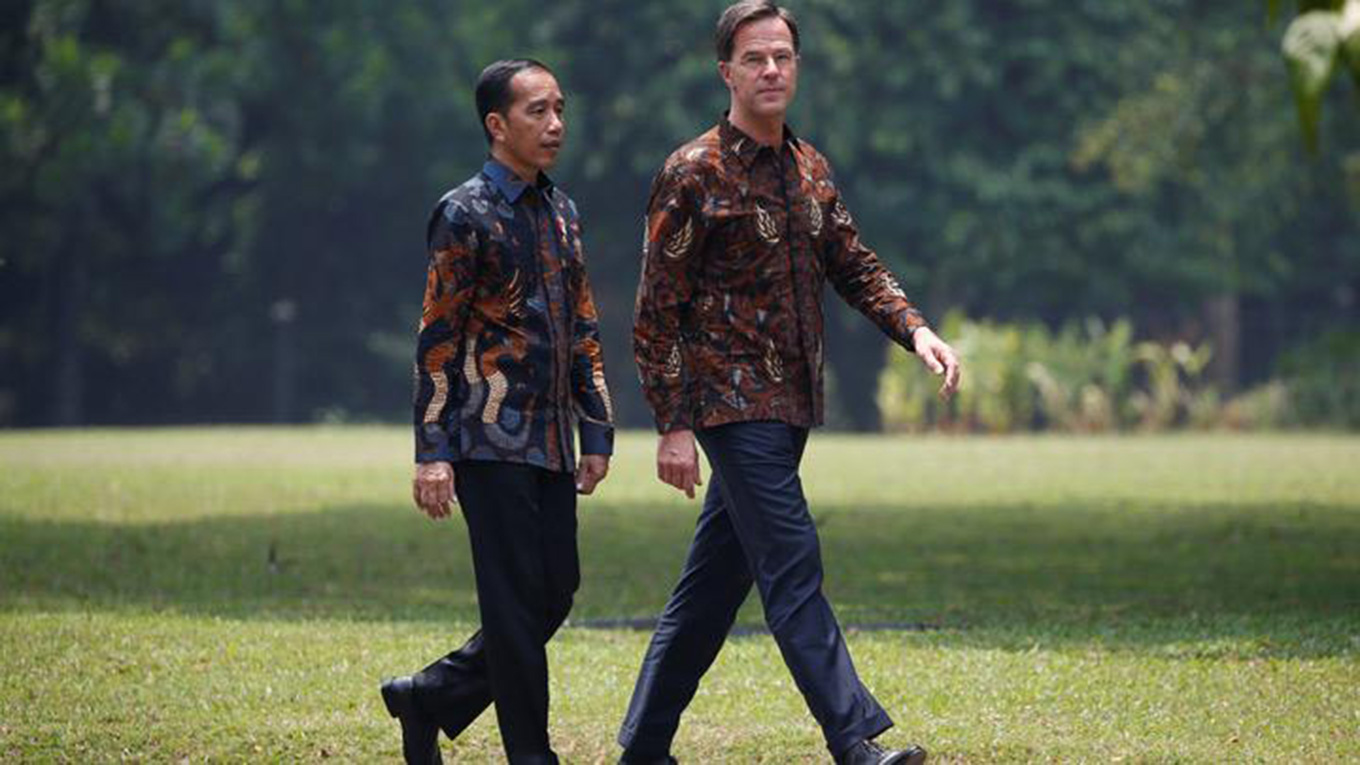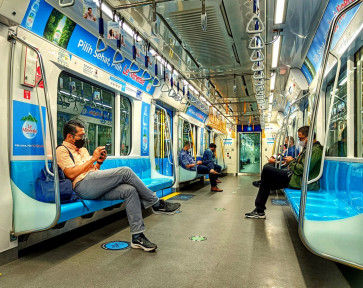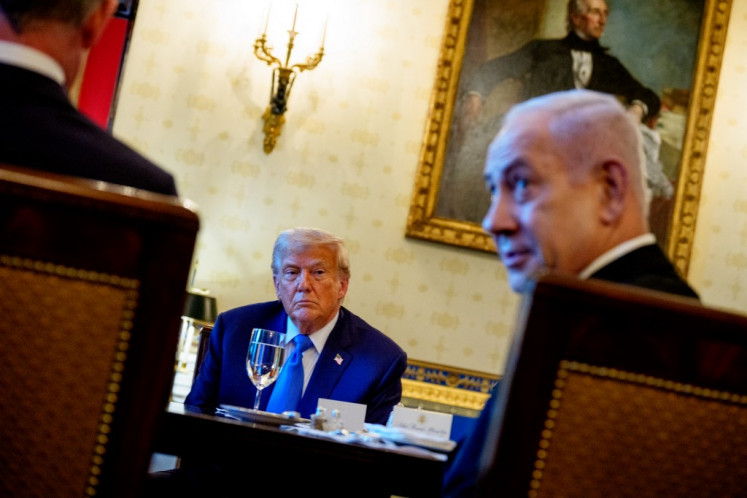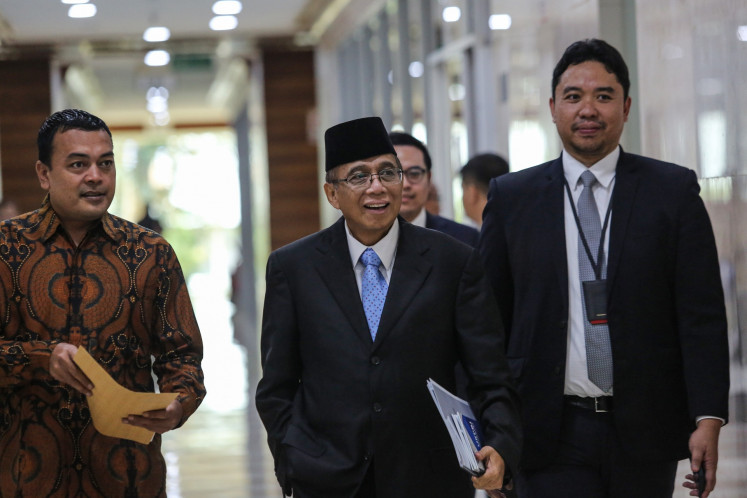Popular Reads
Top Results
Can't find what you're looking for?
View all search resultsPopular Reads
Top Results
Can't find what you're looking for?
View all search resultsSeeking closure
One lesson from The Hague is that a state should be encouraged to admit past crimes involving its leaders, policies, police and military in either war or peacetime.
Change text size
Gift Premium Articles
to Anyone
F
ive Indonesians are seeking compensation for the execution of their fathers by Dutch soldiers in South Sulawesi in 1947. The unnamed plaintiffs were encouraged by a Dutch appeals court ruling in The Hague, which last week allowed their cases to be heard in court as it had lifted the statute of limitations for the crimes that occurred 62 years ago.
At that time, Capt. Raymond Westerling, whose name is still chilling to Indonesians, led the killing of thousands of “Republican extremists” across South Sulawesi towns and villages.
The Netherlands has apologized for the massacre, for which a Dutch court earlier compensated 10 widows of the men killed in the operation and also for that of similar crimes such as in Rawagede, about 70 kilometers west of Jakarta. The cases were not raised in Monday’s meeting between visiting Dutch Prime Minister Mark Rutte and President Joko “Jokowi” Widodo, who said he “again conveyed Indonesia’s concerns about the European Union’s policy on palm oil.”
Securing an ally in the Netherlands in the fight for our palm oil exports amid the EU’s concerns over the commodity’s sustainability is at the top of Jokowi’s list of priorities, while many forms of cooperation agreements continue with the Netherlands, one of Indonesia’s top European investors.
The thorn in the otherwise friendly bilateral relations between Indonesia and the Netherlands is obviously the history of Dutch colonial rule here, which is why Indonesian officials have welcomed the apologies and compensation for survivors.
We also hope these measures set a good precedent for similar attempts at closure. They, together with the court victory of a few Indonesian citizens, are a tiny consolation to what our elders and forebears experienced, not only in the 1945 to 1949 period, known as the Dutch military aggression era but also centuries of Dutch rule.
As Indonesia proclaimed independence on Aug. 17, 1945, the foundation assisting Indonesian victims and survivors in filing lawsuits against the Netherlands for war crimes, the Committee of Dutch Debts of Honor (KUKB), also raised expectations that Prime Minister Rutte could state his nation’s admission of Dutch responsibility for the attacks that amount to war on a sovereign state.
Though Indonesians don't generally dwell on the period following our successful struggle, such an admission would indeed bring the two countries officially closer, leading to the improved writing of history for future generations.
Another attempt at closure is a joint study by Indonesian and Dutch historians who are researching the period of 1945 to 1950. The Dutch government-funded project could help shed light on the little-known period if it could adequately respond to criticism of the alleged lack of representation of “an Indonesian perspective”.
One lesson from The Hague is that a state should be encouraged to admit past crimes involving its leaders, policies, police and military in either war or peacetime. Scores of Indonesian citizens have also sought an admission, apology and redress from successive Indonesian governments that continue to hide behind various excuses.
As we have seen from persistent survivors in the Rawagede and South Sulawesi lawsuits, past violations of the right to life and liberty just won’t blow away.










